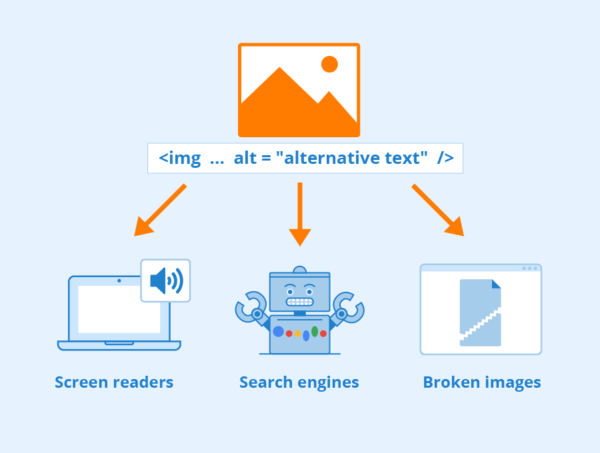
This started out as a cranky email and then I decided to write this up instead and be (somewhat) constructive.
I was listening to a local history podcast which I love called Before Your Time. It’s a joint project of the Vermont Historical Society and Vermont Humanities (where I used to be a board member). They look at one item from the VHS collection and talk about what it tells us about the history of Vermont. It’s a well-produced podcast which is full of facts and yet also brief. I liked this one in particular because it’s about forests and one of the people they interview is my county forester and I like listening to him. The other two people they interview are a librarian at VHS and a man who was a past director of VHS and wrote a book about Vermont maps. One of the things they both mention is how much they both wish that their collections were used more. In fact the former director says towards the end of the podcast
I hope people who listen to the podcast take the initiative to go to some of the great collections. You can’t be more than about 25 to 50 miles away from excellent Vermont history collections if you’re living in the state, whether it’s Bennington Museum in the southwest, Sheldon Museum in Middlebury, the VHS here in Barre, UVM Special Collections in, in Burlington, extraordinary resources that are open to anyone who wants to come in and use them
As I was listening to this I thought to myself “Yeah why don’t I go to the Vermont Historical Society collection more often? I like that place.” and then I remembered: it costs $9 a day if you’re not a VHS member or a student. Continue reading “Who has access to collections?”



